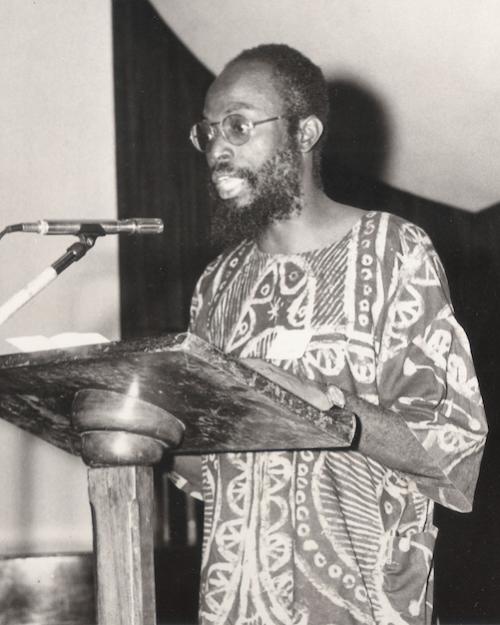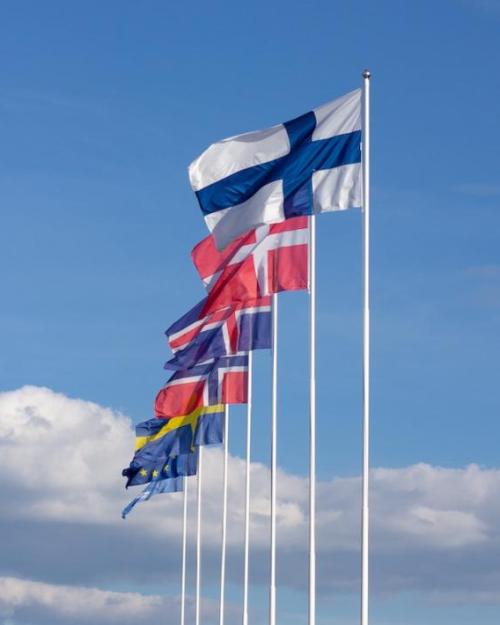NATO has formally invited Finland and Sweden to join its alliance after Turkey dropped its objections. The decision comes as Russian President Vladimir Putin’s war against Ukraine continues.
Barry Strauss, professor of history and classics at Cornell University and the Corliss Page Dean Fellow at the Hoover Institution, is an expert on military strategy. He says history is full of alliances that amounted to little.
Strauss says: “Turkey’s agreement to let NATO invite Finland and Sweden to join is excellent news for the free world. True, we should be curious about any secret agreements that may have been made, and at whose expense (e.g., the Kurds), but, nonetheless, the overall picture is bright. Between them, Finland and Sweden represent no mean military and political power, and their location couldn’t be more strategic.
“The result will strengthen NATO, but for now, only on paper. History is full of alliances that amounted to little. Macedon, for instance, allied with Hannibal against Rome but delivered nothing in the clutch. Nor did Britain or France stand up for their ally, Czechoslovakia, against Hitler at Munich in 1938. If a newly assertive NATO stops Russia in Ukraine, then the admission of Finland and Sweden will be a real turning point. If not, then NATO risks falling apart, just as Vladimir Putin wants."
For interviews contact Becka Bowyer, cell: (607) 220-4185, rpb224@cornell.edu




